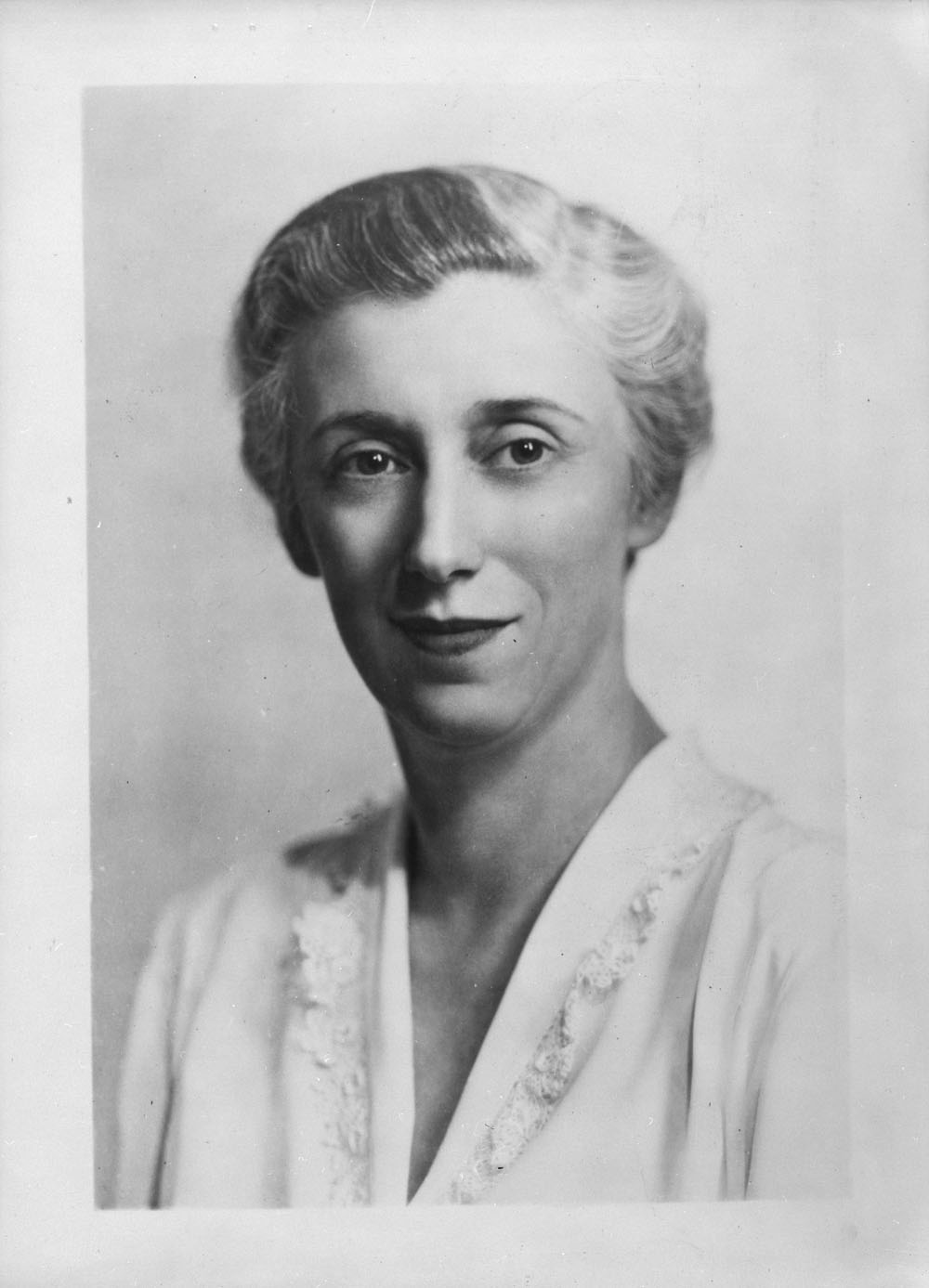Ellen Louks Fairclough, politician (born on 28 January 1905 in Hamilton, Ontario; died 13 November 2004 in Hamilton). A chartered accountant by profession, she became secretary of state and Canada's first woman federal cabinet minister in John Diefenbaker’s 1957 Conservative government. She was instrumental as head of the Department of Citizenship and Immigration in pushing for less racist immigration policies. She also pushed for granting Status Indians the right to vote (see Indigenous Suffrage.)

Political Life
Owner of a Hamilton accounting firm, Ellen Fairclough was a member of city council between 1946 and 1949 when she became deputy mayor.
She ran as a Progressive Conservative candidate in the 1949 election but was defeated. Her rival, however, resigned the next year and Fairclough won a federal seat in a May 1950 federal by-election. She became the sixth woman to ever be elected to the House of Commons.
While in Opposition, Fairclough became the labour critic. She pushed for reforming old-age pensions as well as a bill requiring equal pay for equal work. She also advocated for the creation of a Department of Labour Women's Bureau.
Fairclough was reelected in 1957 when John Diefenbaker led the Conservative party to a small electoral victory. Having pledged to name a woman to cabinet, Diefenbaker formed a minority government and invited Fairclough to enter cabinet as secretary of state. She became, in the process, the first Canadian woman to ever accede to a cabinet position.
Fairclough was hardly satisfied with the fairly minor position she had been given, however. In 1958, after a historic Conservative election victory, she moved on to become head of the Department of Citizenship and Immigration. There she reformed Canadian immigration policy to become less racially exclusive and better oriented towards a merit-based system. (See also Immigration to Canada.) Despite some significant opposition, this also allowed more refugees to seek protection in Canada. (See also Canadian Refugee Policy.)
In 1960, she pushed for giving Indigenous peoples with Indian Status the right to vote which, up until then, was denied to them. (See Indigenous Suffrage.)
After the 1962 election, she became postmaster general. She was, however, defeated in the 1963 election.
Later Life
After leaving politics, Ellen Fairclough served first as a senior executive in a trust company, then as chairman of Hamilton Hydro and finally as treasurer of the Zonta International women's group. In 1985, she was invested Dame of Grace, Order of St John of Jerusalem, Knights Hospitaler and in 1989 was given the Persons Award.
In 1992, Fairclough was bestowed with the title Right Honourable by the Queen in a ceremony celebrating Canada's 125th birthday. She was made Companion of the Order of Canada in 1995 and published her memoirs, Saturday's Child, in the same year.

 Share on Facebook
Share on Facebook Share on X
Share on X Share by Email
Share by Email Share on Google Classroom
Share on Google Classroom


